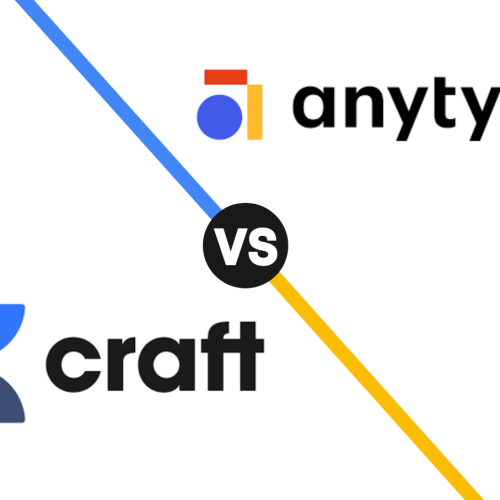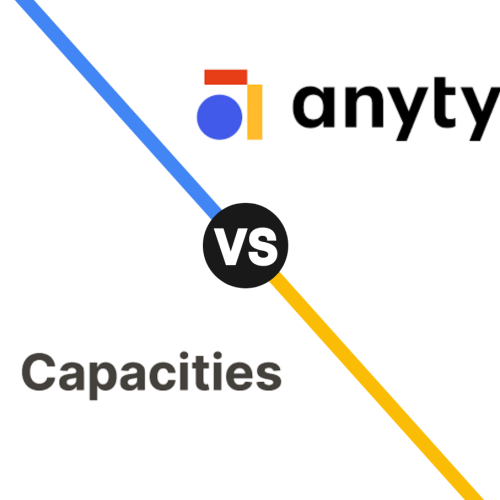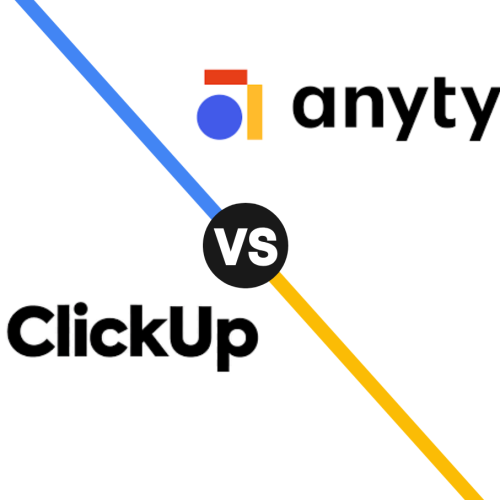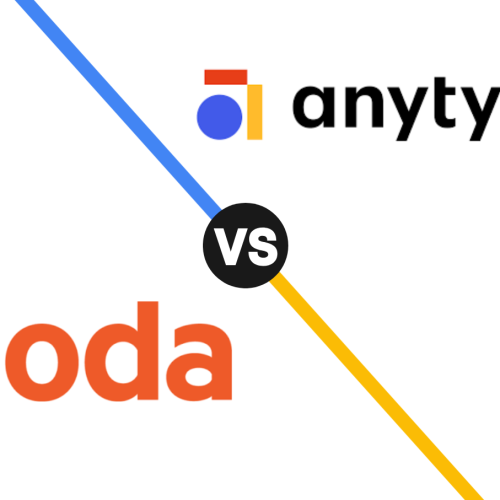Many people use the terms social media and social networking as if they were the same thing. However, while they are closely related and often overlap, these two concepts actually have different main purposes and goals.
This article will break down the core differences between social media vs social networking. We will explore what each one is, how they work, and the unique role they play in our digital lives to help you understand them better in 2026.
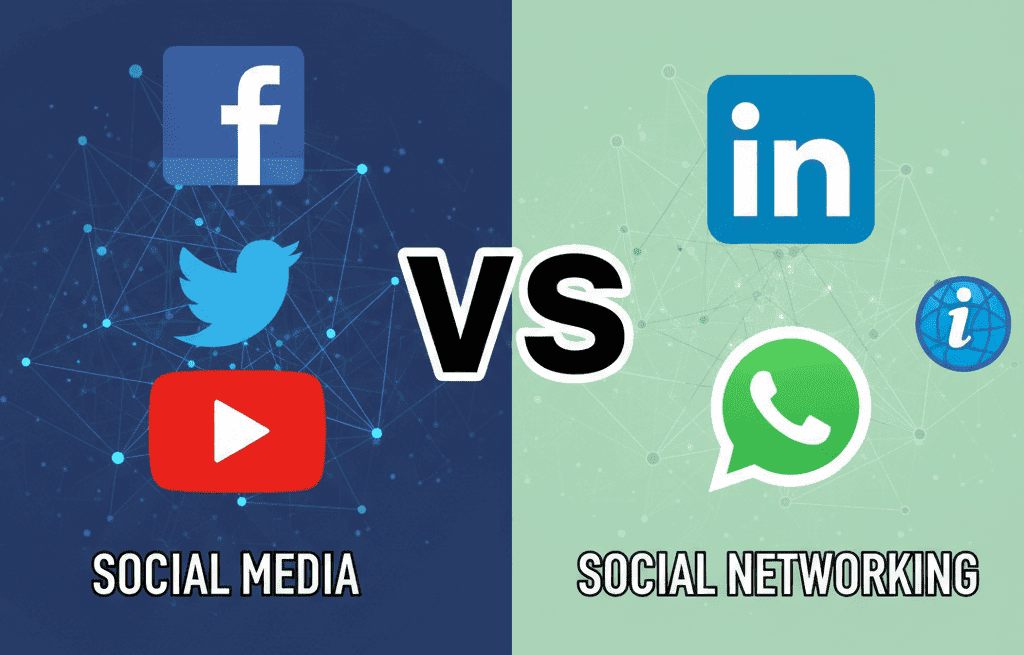
What is Social Media?
Social media is a broad term for platforms that allow for the creation and sharing of content. Its primary goal is to help users broadcast information and engage with a large, often unknown, audience.
Think of it as a one-to-many communication tool where content is king. Platforms like YouTube, TikTok, and blogs are excellent examples, as they focus on publishing videos and articles that can be seen by millions of people.
What is Social Networking?
Social networking is the activity of building and maintaining personal relationships. It focuses on connecting people who already know each other or who share similar interests in a more interactive, one-to-one or group setting.
The main goal of social networking is to build a web of connections and foster conversations. Platforms like Facebook and LinkedIn are prime examples, as they are designed to help you connect with friends, family, or professional contacts.
Conclusion: Social Media vs Social Networking
In short, social media is about content and broadcasting information to a wide audience. Social networking is about people and building personal relationships. While many platforms have features for both, the key difference is the main purpose of the platform: sharing content or building a network.
FAQs
- Is Facebook a social media or social networking platform?
Facebook is a hybrid platform that functions as both. It is a social networking site because it helps you connect with friends and family. However, its features like Pages and ads make it a powerful social media tool for broadcasting content.
- Is TikTok social media or social networking?
TikTok is a social media platform. Its main purpose is for users to create and share short-form video content with a wide audience. While you can follow people you know, the platform’s core focus is on content consumption and creation.
- What is the key difference in user interaction?
On social networking platforms, user interaction is more personal and focused on building relationships. On social media, interaction is often a response to content, such as a like, comment, or share on a video or article.
- What is the main purpose of social media?
The main purpose of social media is for users to share information, ideas, and content with a large audience. It is often used by brands and individuals for broadcasting, entertainment, and marketing purposes.
- What is the main purpose of social networking?
The main purpose of social networking is to create and maintain personal and professional relationships. These platforms are built around profiles and connections, allowing users to find people they know and build new relationships.
- Do all platforms fall into one category?
No, many platforms are hybrids. For example, a platform like Instagram is both a social media platform for sharing content and a social networking tool for connecting with friends. The distinction lies in how the platform is used.
- Can a blog be considered a form of social media?
Yes, a blog is a form of social media. It is a platform for publishing and sharing content. Blogs are often connected to other social networks to promote content and drive traffic.
- What is the purpose of a social networking group?
The purpose of a social networking group is to bring together a community of people who share the same interests. These groups are designed to foster conversation, allow members to share information, and build a sense of community.
- Are messaging apps a form of social media?
Messaging apps like WhatsApp are a form of social networking, not social media. They are designed for private, one-to-one communication or small group chats, with a focus on personal connections rather than public broadcasting.
- Why is this distinction important for businesses?
Understanding the distinction helps businesses build a better strategy. A brand will use social media to broadcast a message to a wide audience, while using social networking to build a community and create deeper, more personal relationships with customers.


